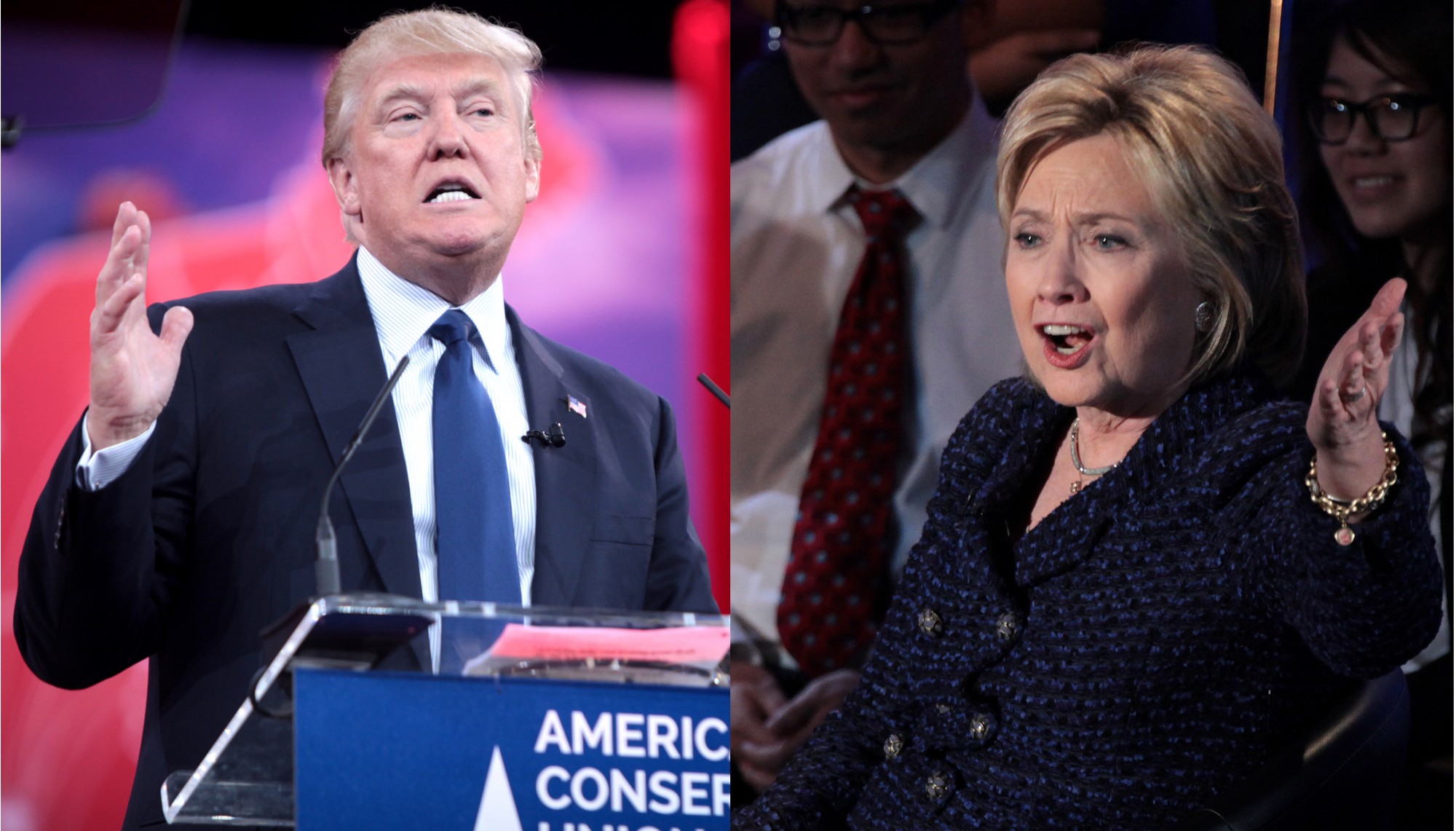Last week, American University history professor Allan Lichtman announced his prediction for America’s 45th President: Donald Trump. Lichtman’s forecast comes from his model of 13 “Keys to the White House,” which has accurately predicted the outcome of the popular vote in every election since 1984, when the model was first established. Speaking to The Washington Post, Lichtman said although his model points to a victory for the Republican Party, “[Trump] may well shatter patterns of history that have held for more than 150 years, lose this election even if the historical circumstances favor it.”
Lichtman’s model points to an important truth: It should be easy for Trump to win this election. In a period of social unrest, an economy with stagnating levels of growth and great dissatisfaction with the political system, the appeal of an outsider candidate — as Trump fashions himself — should be high.
It is thus puzzling from a historical perspective to see the “outsider” candidate with support hovering around 40 percent in most national polls. While support for Clinton over Trump has narrowed to a near-tie over the last few weeks, it has been mostly due to a drop in support for Clinton, not increased support for Trump.
While the presidential election isn’t a popular vote, it would be hard to see Trump winning without 50 percent of the electorate. With a nearly 10-point gap in the support he currently has and the support he will need in November, why can’t he get these voters on his side, especially if history favors his candidacy?
In my mind, Trump answered this question on Monday night with his comments during one exchange in particular.
Clinton: “In fact, Donald was one of the people who rooted for the housing crisis. He said back in 2006, ‘Gee, I hope it does collapse, because then I can go in and buy some and make some money.’ Well, it did collapse.”
Trump: “That’s called business, by the way.”
In six words, Trump expressed why, even as a Republican, I won’t be giving him my vote this November. To celebrate the collapse of the housing market — which cost millions of Americans the equity they needed to take out loans for everything from supporting their children’s education to taking care of aging relatives — signifies a startling lack of empathy.
Trump fashions himself as the opposite of the kind of career politicians who have ruined America, but comments like this make it clear that the opposite and the antidote are not one and the same. How can anyone take any joy from an event that destroyed the lives and financial well being of so many fellow Americans while also claiming to care so much about making America great again?
It will be impossible for Trump to gain the support he needs to win if he continues to make remarks like the one he made on Monday, and if the last several months have been any indication, these sorts of expressions likely won’t stop. While history may be on his side to win the election, Trump’s greatest enemy remains his own character.
Sam Wallace is a public policy graduate student. He can be reached at samhwallace@gmail.com.



